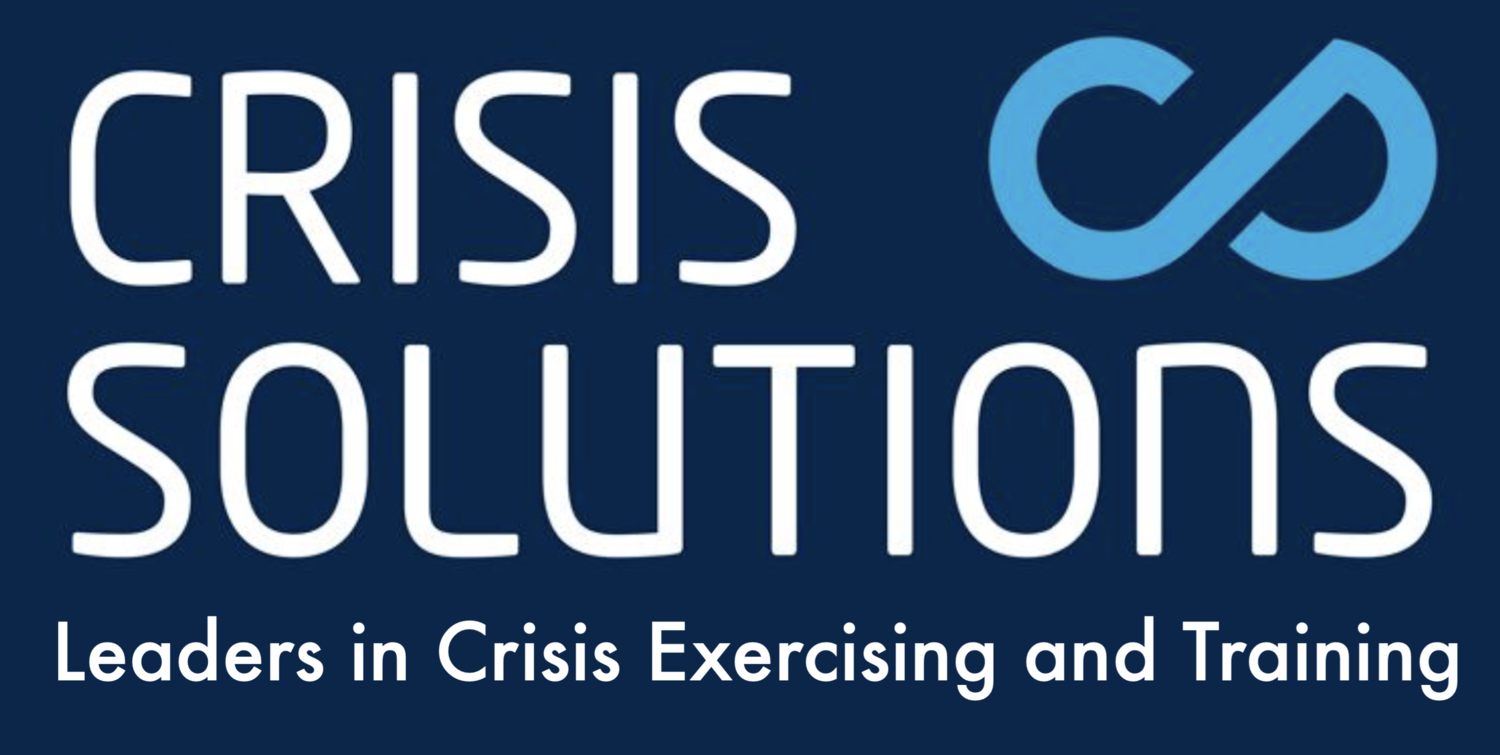Crisis denial
Ever been in a pub or restaurant when a fire alarm is activated and nobody reacts? People just assume it’s a test or false alarm and take no action. It’s what psychologists call ‘normality bias’. The brain uses past experiences to inform what’s happening and starts to construct patterns that don’t actually exist. We think, well we’ve been here before and nothing bad happened plus if I start making a fuss I might look like a bit of a fool, so best keep quiet or laugh it off like everybody else.
Laughter or silence are classic examples of crisis denial, and of course the problem with crisis denial is that it leads to crisis procrastination.
Perhaps the most extreme examples of this were found in peoples’ behaviour during 9/11. According to a study from interviews with nearly nine hundred survivors, on average they waited six minutes before starting to get out of the Twin Towers. Some helped disabled co-workers, some followed fatal instructions to stay put, but many others tidied their desks, closed down their computers or tried to make calls to relatives and friends. Faced with the scary possibility of the unknown we naturally take comfort in our usual habits. During the terrifying events of 9/11, people could hear the explosions, smell the aircraft fuel and in some cases feel the flames and yet they didn’t immediately react and leave the building.
So how, without crying wolf at every little disruption, are we to break with crisis denial and overcome normality bias?
Because unless you accept you have a crisis it’s highly unlikely that you or your organisation will start focussing on how to overcome it.
Jim Preen (head of media)

